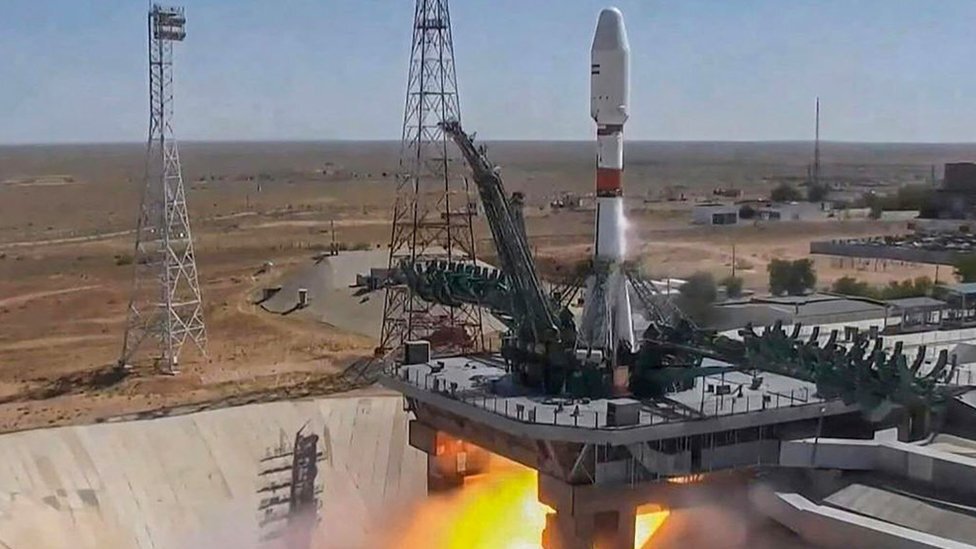Iran intends to launch 100–500-kilogram satellites soon

TEHRAN - The chief of the Iranian Space Agency (ISA) has praised positive advancements in orbit technology, announcing that Tehran plans to launch satellites weighing up to 500 kilograms into space on the back of locally manufactured carriers within years.
Hassan Salarieh said Iran is aiming to improve its domestic rockets for launching satellite carriers, and in four years it expects to be able to launch satellites weighing up to 500 kilograms into orbit.
By March 20, 2023, the end of the current Persian calendar year, Iran will probably be able to launch 100-kilogram satellites into an orbit that is 500 meters above the surface of the Earth, Salarieh said.
He added, "Efforts will continue, and God willing, we will launch a 200-kilogram satellite next year. In four years, we will launch 500-kilogram satellites."
The ISA chief said that several experiments were being carried out as part of the nation's "systematic plan" to advance the space industry.
Salarieh continued, "Many of the Iranian-made satellites can be launched and deployed into orbit on Iranian-made carriers since they are lightweight."
He said the government is now developing a number of satellites at home, and the restricted capacity of domestic carriers may not allow the launch of all types of satellites into orbit within a year, for example. This, however, does not imply that Iran would not employ foreign launcher rockets, he pointed out.
The Iranian satellite named "Khayyam" was launched into orbit in the middle of August using a Russian Soyuz-2.1b carrier rocket from the Baikonur Cosmodrome.
ISA verified that all of the Khayyam satellite systems were operating accurately.
Iran's borders will be monitored using imagery from Khayyam, and the nation's management and planning capacities in the areas of agriculture, natural resources, environment, mining, and natural catastrophes will also be improved.
Issa Zarepour, the Iranian Minister of Communications and Information Technology, has said Moscow and Tehran have decided to continue their aeronautical collaboration.
Despite U.S. sanctions, Iran has made enormous technological and scientific advancements in recent years.
Early in June, ISA revealed that preparations for the launch of seven additional satellites into orbit had begun.
Iran conducted a second test of its homegrown Zuljanah hybrid-propellant satellite carrier rocket in late June for predetermined scientific purposes. In February 2021, the Zuljanah satellite carrier was first sent into space by the Defense Ministry.
The latest developments in the aerospace sector will be revealed in the future, according to President Ebrahim Raisi.
He said during the August cabinet meeting that "the nation will see unprecedented space accomplishments in the future."
Leave a Comment